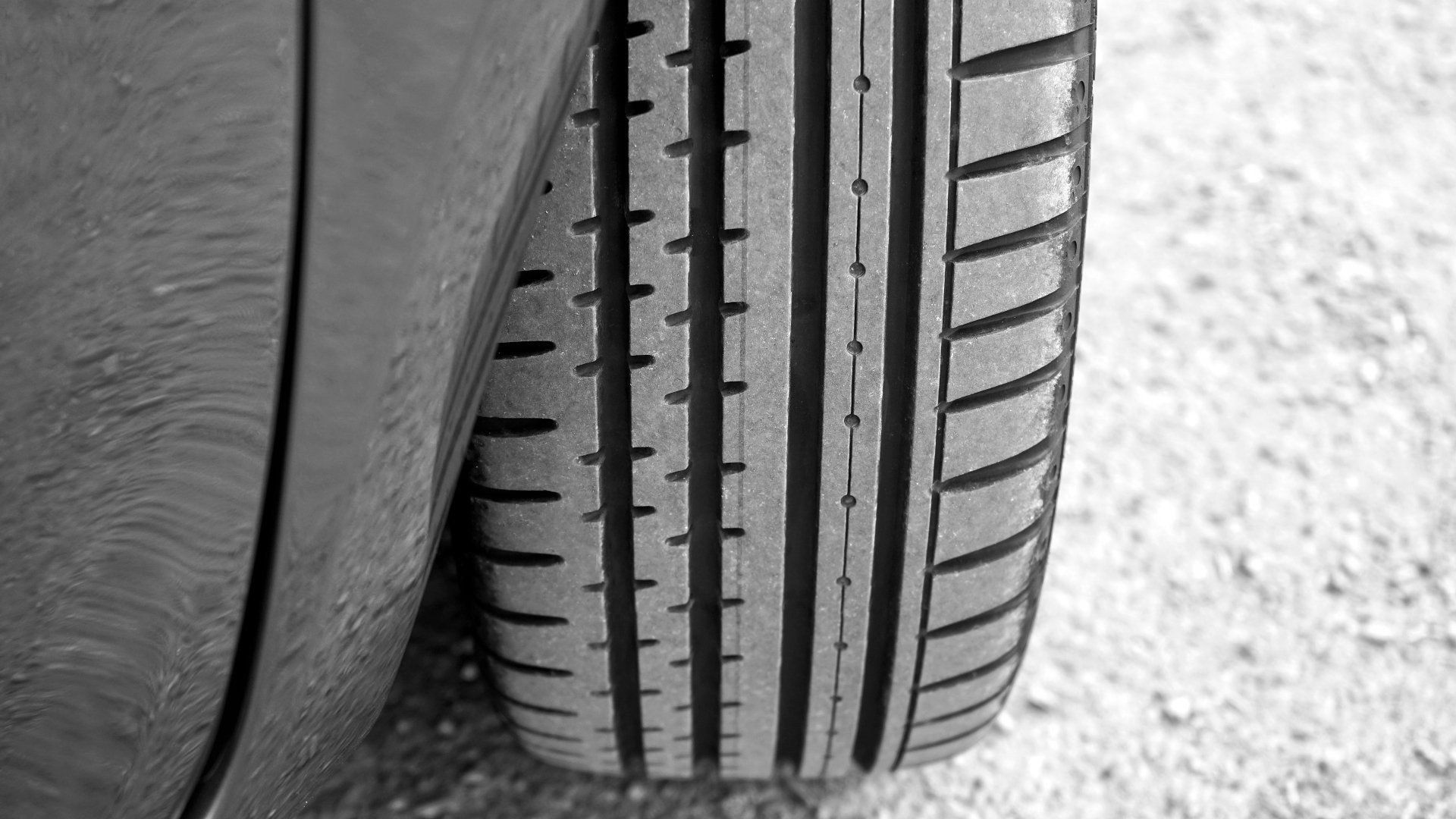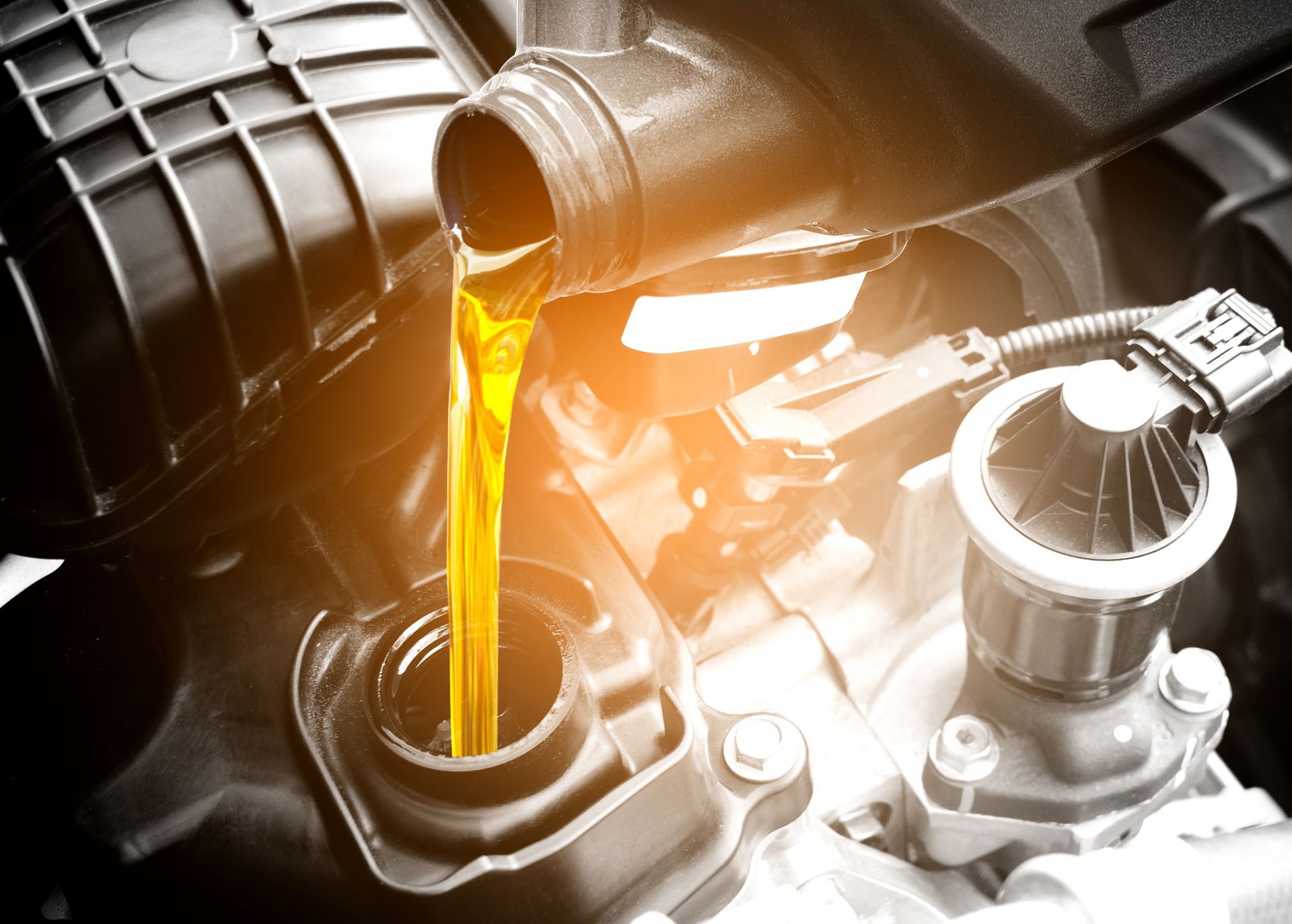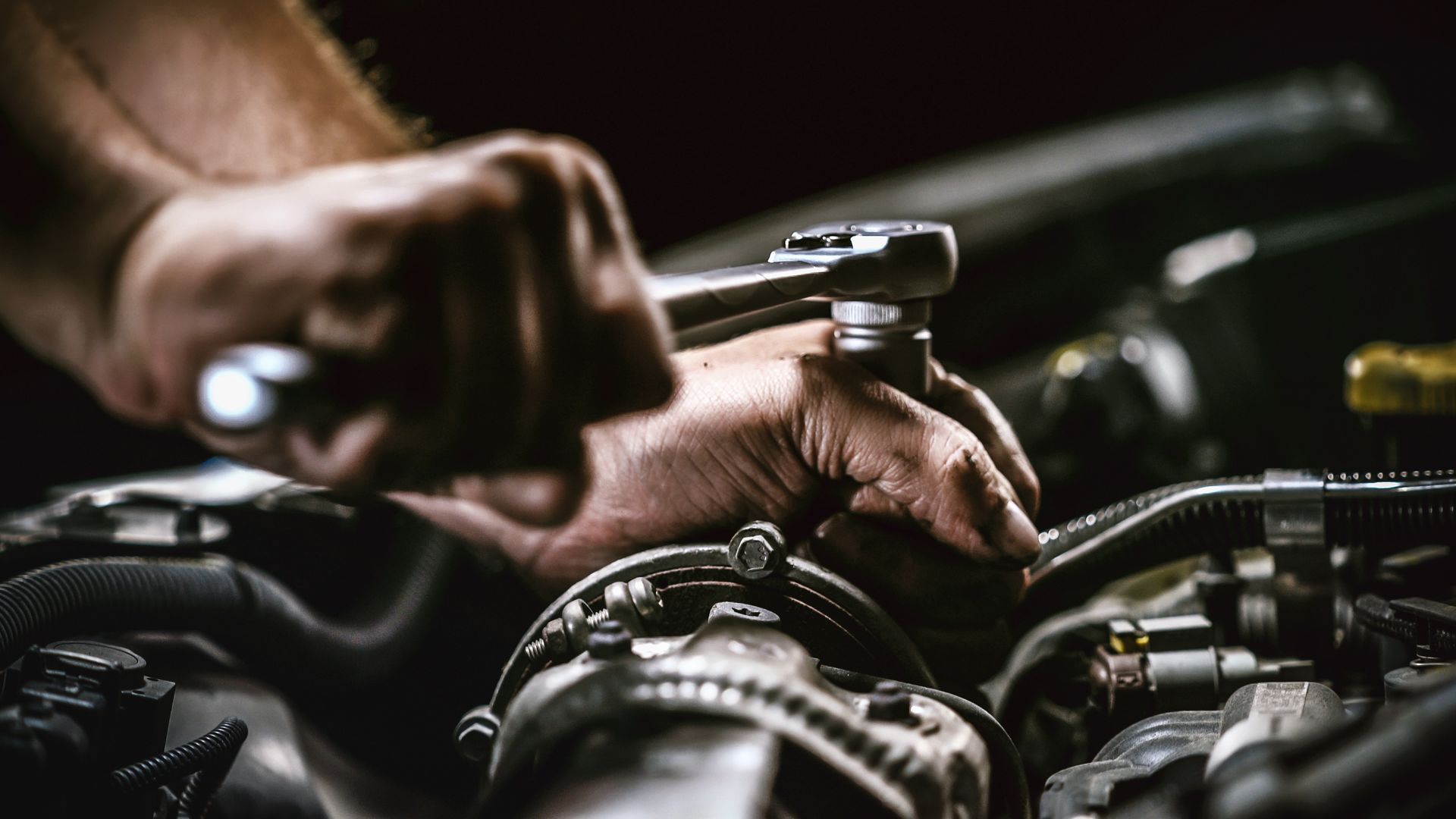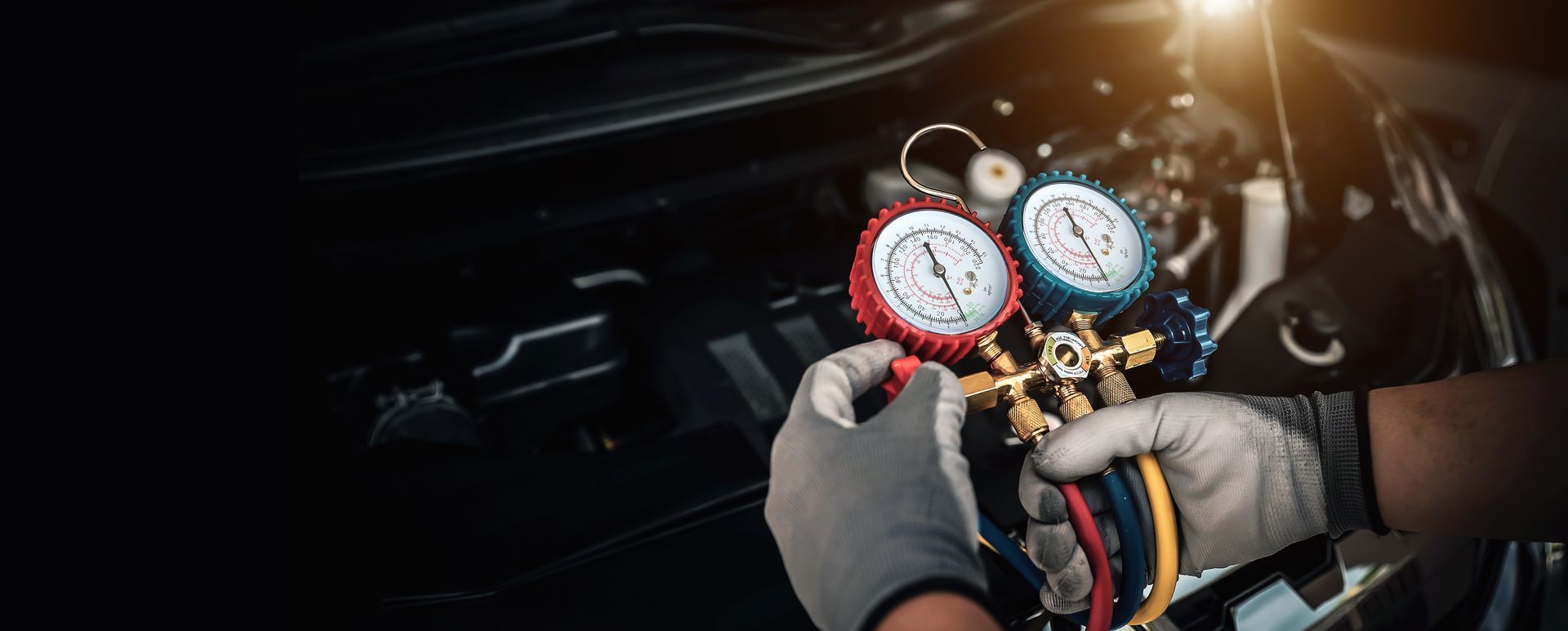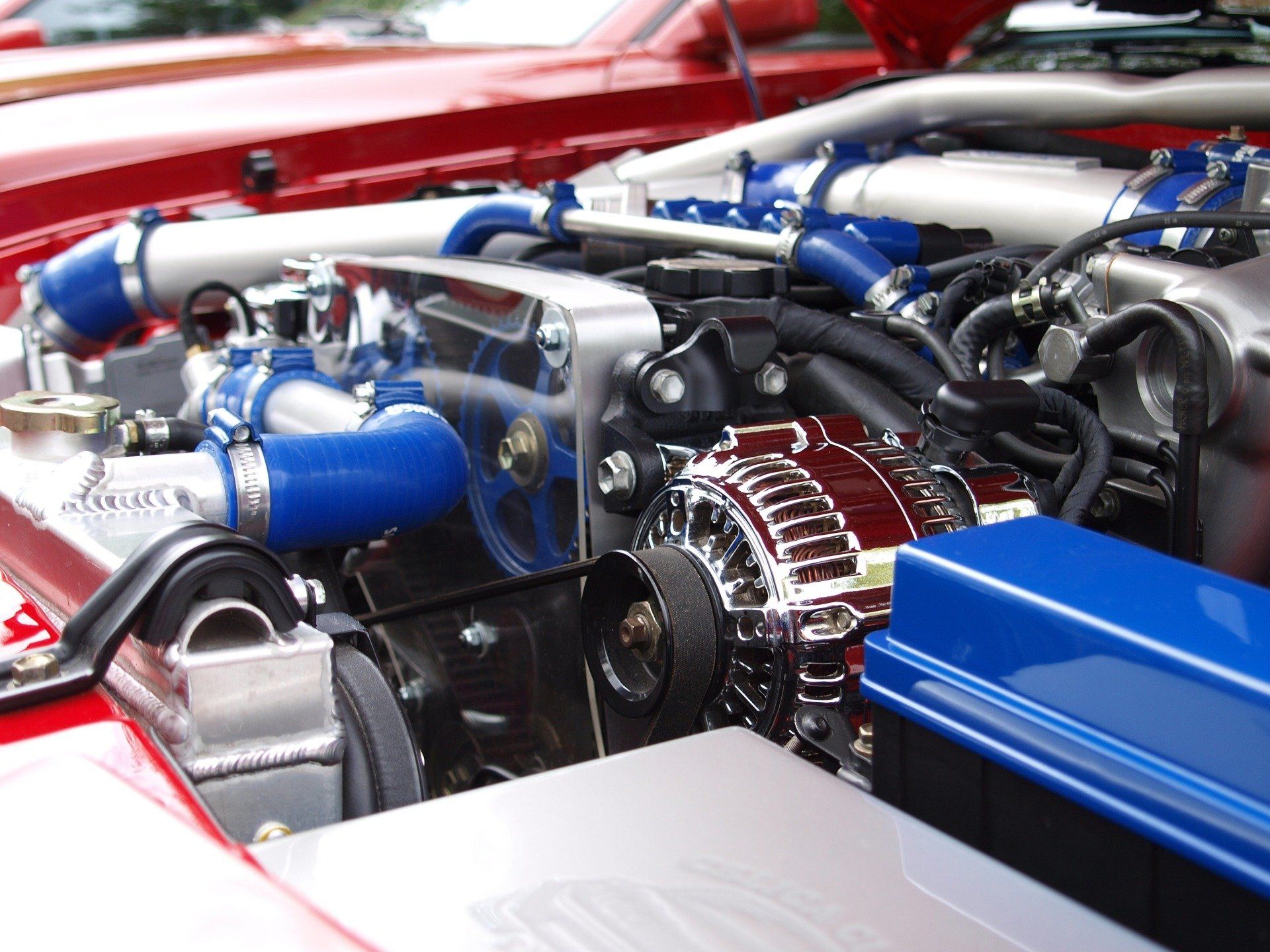How to Maintain Your Car’s Brakes
How to Maintain Your Car’s Brakes
When your brakes work properly, you likely don’t pay much attention to them. However, your brakes are crucial to your and your vehicle’s safety, so maintaining them properly is one of the most important things you can do as a car owner. Just like an oil change or a tire rotation, braking maintenance is key to the overall well-being of your vehicle.
Below, learn about ways to prevent your brake system’s wear and tear, including car brake maintenance tips, to keep your brakes in top condition.
Tips for Preventative Brake Care
Ensuring your brakes stay functional to keep you safe starts with preventative care. Here are a few key steps you can take today to start properly caring for your brakes every time you get in your car.
1. DON’T OVERUSE YOUR BRAKES
Try not to overuse your brakes. Do you constantly tap your brake pedal? Do you find yourself braking unnecessarily on the highway? These are small habits to consider, as they impact the longevity of your car’s brake system.
While your brakes are there to help you stop in time and slow down when necessary, excessive use of the brake pad can cause issues with the brake fluid tube, impacting the way your brakes perform. If you need to brake suddenly to avoid a collision, you want to make sure your brakes will respond quickly and correctly, and the brake fluid tube is part of that.
Additionally, the overuse of your brakes has the potential to create scorch marks on rotors, resulting in permanent damage signified by an off-putting smell. Therefore, learning to brake properly and not unnecessarily can keep the rest of your car in working condition, as well.
2. STAY WITHIN THE SPEED LIMIT
When you drive over the speed limit, your reaction times are reduced, and you’re more prone to late and sudden braking. Taking your car from a high speed to a complete halt greatly strains your braking system. As a result, you’re at risk of wearing out your car’s discs and pads, which is expensive, dangerous and affects your vehicle’s roadworthiness.
Sticking to the speed limit is safer and ensures you take proper care of your brakes. Do your best to avoid speeding, and you can better protect the functioning of your car’s most crucial components, which gives you a reliable car to drive and reduces how much money you spend on repairs.
3. DRIVE CAREFULLY WHEN HAULING HEAVY LOADS
When driving with heavy loads in your car, the extra weight puts additional strain on your brakes, and it takes more time to come to a full stop. If you’re using your car to haul large items, be sure to drive slower than necessary and put extra distance between your car and the car in front of you. This way, you can limit the wear on your brakes.
4. DON’T RIDE THE BRAKE
Riding the brake is when you let your foot rest on the brake throughout the drive. It’s important to avoid constantly applying the brake, as doing so adds unnecessary wear and tear to your braking system. Instead, take your foot off the accelerator and hover your foot over the brake — don’t press down until you need to slow down.
What Is a Proper Brake Maintenance Schedule?
A crucial part of your brake maintenance procedure is your brake maintenance schedule. As a general rule, following the service schedule outlined in your vehicle manual can only benefit you. Typically, you should get a brake inspection every six months or once a year, depending on how often you drive your vehicle.
Additionally, you should get professional brake servicing if you notice the following with your brakes:
- You hear a squeaking noise when braking
- You feel vibration when braking
- It takes longer to fully stop your car
- You hear a grinding sound when braking
- Your brake light is flashing
Important Brake Inspections and Services
Each part of your braking system requires regular attention and maintenance to stay in proper condition. Here are three crucial areas of brake system maintenance to know:
1. BRAKE PAD REPLACEMENT
If you drive in an urban setting, your brake pads will likely last you between 30,000-35,000 miles. However, driving your car in less demanding situations, like light traffic, means your brake pads will last longer, often up to 80,000 miles. When you have your brakes inspected, you may need to replace your brake pads, depending on the mileage considerations above.
2. BRAKE FLUID FLUSH
Aim to schedule a brake fluid flush every two years or every 30,000 miles. This process involves flushing out all the contaminated brake fluid in your brake system, as contaminated brake fluid affects your car’s braking power and can put your safety at risk if not checked regularly.
Look out for these common signs that your car needs a brake fluid flush:
- Your mileage
- ABS warning light
- Spongy brake pedal
- Reduced brake performance
- Strange smells and noises
3. BLEEDING THE BRAKE LINES
Be sure to have a professional bleed your brake lines every two to three years to get the most out of your brakes. Air can get trapped in your brake lines if there’s a leak and during certain services, but worn pads and slamming on your brakes too often can cause this, too. This process removes air from your brake lines via vacuum pumping, pressure pumping or the pump-and-hold technique.
Give Your Brakes a Break With Services From Irish Mike’s Total Car Care
When driving, your car’s braking system is paramount to your safety. At Irish Mike’s Total Car Care, we provide quality brake servicing to ensure your vehicle is in proper condition. Beyond brake services, you can come to us for oil change services, tune-ups, A/C repair and so much more.
At Irish Mike’s Total Car Care, your car is in the expert hands of our professional maintenance technicians. Plus, we offer a two-year or 24,000-mile guarantee on our work, giving you even greater peace of mind. Schedule an appointment with us today.
